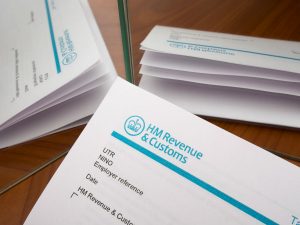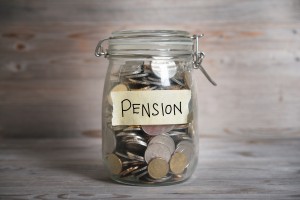HMRC- Fraudulent communications
- HMRC is aware that many people are receiving scam communication supposed from HMRC. These include Phone calls, Emails, texts, WhatsApp messages etc.
- Since the first outbreak of corona virus in the UK scams incidents have increased dramatically and many people have experienced at least one type of scam in the last month.
Coronavirus
- Scammers have made use of the Corona virus outbreak by sending fraudulent emails and texts pretending to be HMRC regarding claims made/to be made for the employment support scheme.
- Emails and texts tend to contain hyperlinks which if you click it asks you to enter your personal details- the scammer then has your information. Do not click on such links or open anything within these emails and texts.
Tax rebate and Refunds
- HMRC will never notify you via email if you are due a tax rebate/refund.
- If you receive an email pretending to be HMRC do not open any attachments, click on any links or provide any personal information.
- Emails can contain attachments with fictitious forms implying that a form has been submitted to HMRC and you will shortly receive a refund.
- Fraudsters have also been sending out fraudulent text messages regarding tax rebates and refunds, these text messages. These text messages like the emails are phishing for personal details.
Lawsuit against you
- HMRC is also aware of automated phone calls implying they are HMRC and that HMRC is filing a lawsuit against you, in which you have to press 1 to speak to a caseworker and make a payment and that there is a warrant out for your arrest. This has been confirmed as a scam and you should end the call immediately.
- The scammers tend to ask the victim to confirm their personal details such as full name, postcode, address, national insurance number etc. before informing them how much they “owe.” If the scammer is challenged by the victim, they then state that there is a warrant out for their arrest and/or they are going to freeze their passport.
- Other phone scams involve those of national insurance fraud, offering a tax refund in which you would be required to provide your bank/ credit card details- HMRC recommend you do not speak to anyone you cannot verify.
- HRMC have confirmed that you would never get a phone call, email, text message, message within an application i.e., WhatsApp which advises you of a tax refund or asks you for personal or payment information.
- Fraudsters sometimes now clone HMRC phone numbers in order to appear genuine to the answerer.
Reporting suspicious communications
- HMRC provides ways of reporting suspicious communication to themselves. These involve forwarding the activity via text message to 60599 (charged at normal text message rates), emailing phishing@hmrc.gov.uk details of the communication for example: a screenshot of the application message, the email content or details of the phone call including the number called from.
- This allows HMRC to investigate further and stop these fraudsters from obtaining personal information.
What to do if you have provided your information?
If you have provided any personal information to someone unverified contact HMRC on security.custcon@hmrc.gov.uk including brief details of what information you have provided.
Spotting fraudulent communications
Scam communication will often contain the following:
- Spelling mistakes- scam emails and texts often contain spelling errors
- Threatening language- a common indicator of a scam is threatening language designed to stop you from thinking on your feet and realising it is a scam!
- Being contacted out of the blue- Genuine correspondence from HMRC will be generally after a letter has been written to you or that you are aware of the issue.
- Being asked to share personal details- HMRC will usually have all of your required details so being asked to confirm all your personal details is an indicator of a scam.
- It offers you a refund or rebate of tax- scammers often use this tactic to obtain personal bank information and/or credit card information.
- Looking at the correspondence address i.e., the email address- does it look authentic?
- Asking you to act immediately- HMRC would never ask you to act instantly.
- Grammatical errors- often these scams are from those abroad so contain grammatical errors.
- Current events such as Covid-19 fraudsters often exploit current events in their scams
- Authority- they often claim to be somebody of authority such as a bank, HMRC etc.















